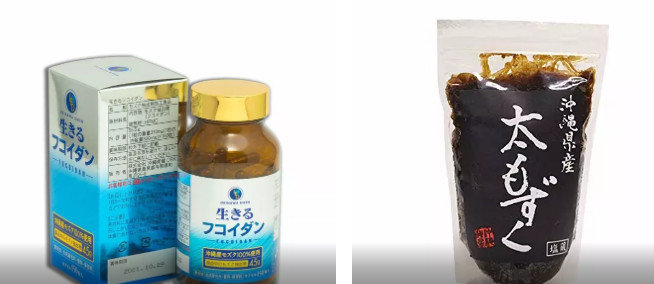What are Brown Seaweeds?
These are multicellular seaweeds and algae, and some of them are edible, not all. Most brown seaweeds live in a marine environment where they produce food for some sea creatures and also act as a habitat for some creatures. Some brown seaweeds grow taller and can create a sea forest, some can create a floating mat, and some grow at the rocky seashores, which offer biodiversity and support life in the ocean.
Brown Seaweed Health Benefits
In this post, I am going to cover only edible brown seaweeds that are readily available in supermarkets and online. The list of brown seaweeds is enormous, not all of them yet discovered and tested for human food. Here is the list of common edible brown seaweeds that have been in use for centuries in some parts of Asia and Europe.
Kelp:
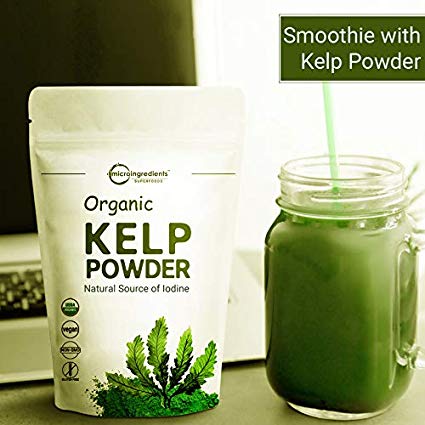
Kelp is a brown seaweed species that was first used to produce soda in France in a chemical production house, way back in the 18th century. Today, kelp is used in food production, pharmaceutical, and cosmetics, as well. Here are a few kelp origin products that you can try.
- Kelp Supplement
- Kelp Powder & Capsules
- Kelp Meal
- Kelp Soap
- Kelp Hand and Body Wash
- Sea Kelp Shampoo
Health Benefits of Kelp
Kelp is mostly used to lose weight, optimize health, and improve thyroid functions. Kelp is a natural source of minerals like calcium, sodium, and magnesium and also carries fatty acids like omega-3, omega-6, dietary fiber, proteins, amino acids, and vitamins. For more on kelp
Wakame
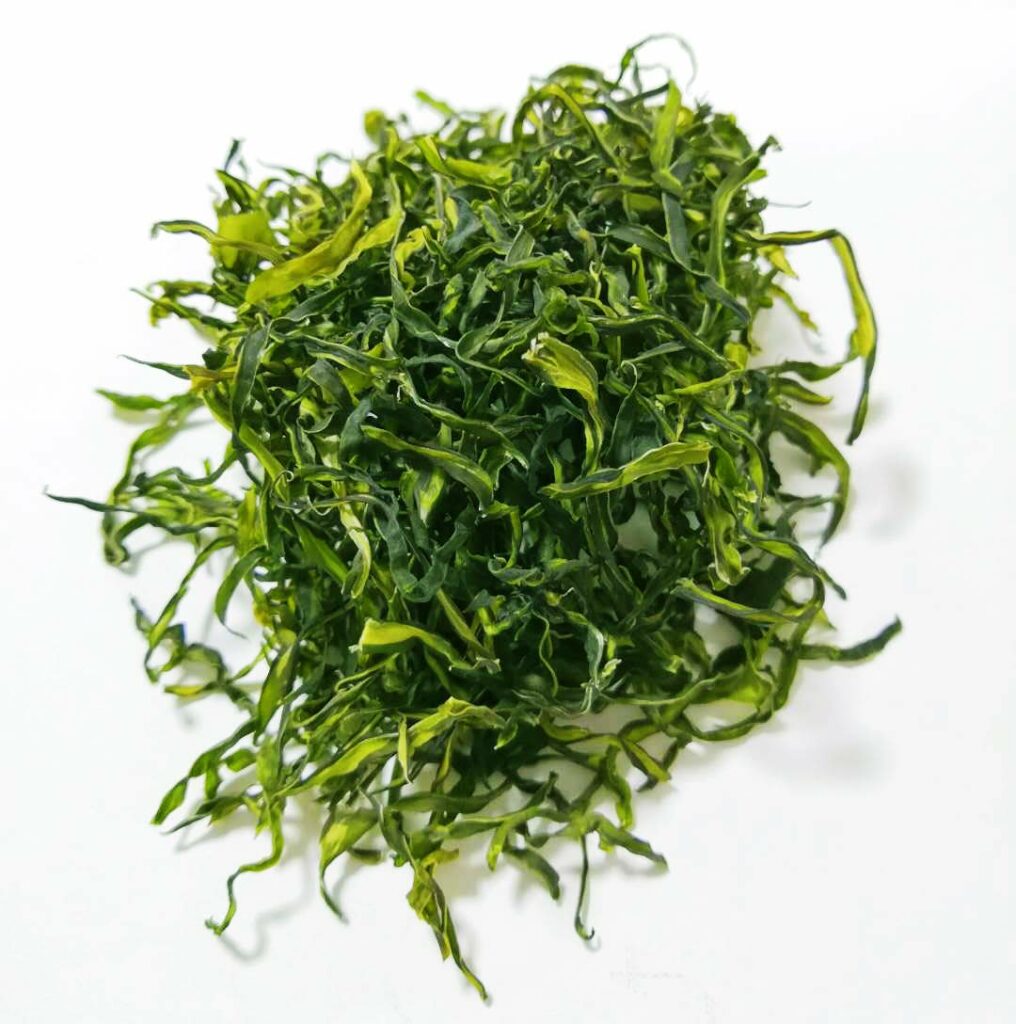
Wakame is a brown seaweed species, also called sea mustard, that is widely used to prepare soups and salads by chefs across the globe today. But when it was not popular, Japanese, Chinese, and Korean people used it in their day to day cooking.
It is a sea vegetable, so wakame is edible and vegan. Still, you should not eat wakame directly from the ocean, always use packed and processed wakame from the supermarket or online retailers. For more on wakame
Wakame Warning: Wakame holds a high amount of sodium, which may increase the blood pressure if consumed excessively.
The nutritional profile of wakame is very similar to other brown seaweed; it is a rich source of vitamin A, vitamin C, vitamin E, and vitamin K. There is less amount of cholesterol and saturated fat in wakame. Wakame Being a natural source of minerals carries a high amount of sodium, calcium, magnesium, potassium, phosphorus, manganese, selenium, and iron.
Kombu
Kombu also called konbu, and it is from the kelp family, is also a brown seaweed species. Kombu is available in dried form. It is used to make dashi stock, which can be added to vegetables, soups, and Asian noodle recipes to enhance the umami flavor. Kombu is mostly used in Japan, Korea, and China, but today, Japanese restaurants are everywhere, so if you want to taste kombu dashi infused food, walk into any Japanese restaurant.
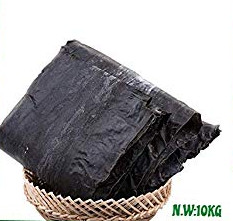
Kombu nutrition profile is similar to other brown seaweed. Minerals like sodium and potassium are high. Vitamins A, E, C, K, and folate are present in a reasonable amount. Saturated fat and sugar are present in less proportion. For more on kombu
Bladderwrack
Bladderwrack is a brown seaweed species found in the Pacific and Atlantic ocean. It is also known as rockweed, bladder focus, sea oak, and cut weed. Bladderwrack is a natural source of iodine, and it helps improve thyroid function. For more on bladderwrack
Hijiki
Hijiki or Hiziki is another brown seaweed species, and it is commonly used in salad and stew vegetable preparation in Japan, China, and Korea. For more about hijiki
Sargassum
Sargassum is another species of brown seaweed, and it is a microalga that floats in the ocean. Generally found where there is shallow water. Sargassum species is also cultivated for herbal remedy. For more on sargassum
Mozuku
Mozuku is a collective term from brown seaweed, found and cultivated by the locals of Okinawa, Southern Japan. Mozuku is used in food production, cancer treatment and health supplement.
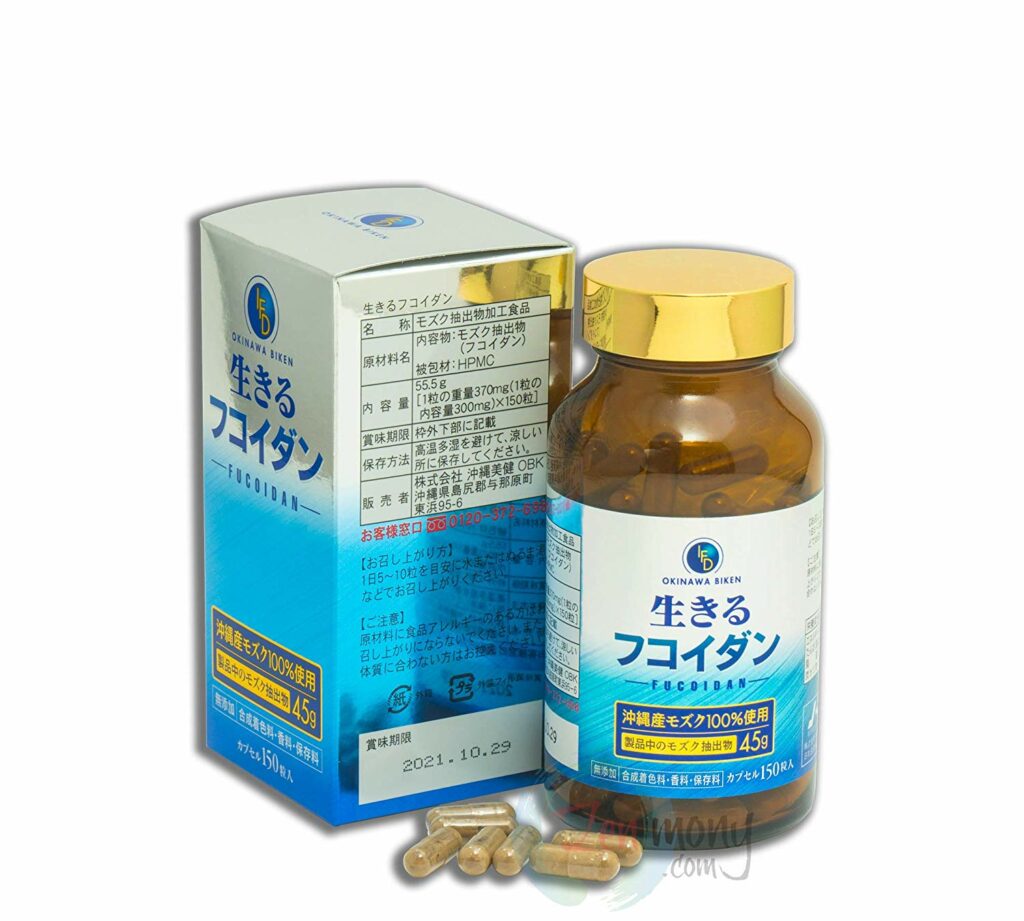
ad – Japanese Mozuku Capsules 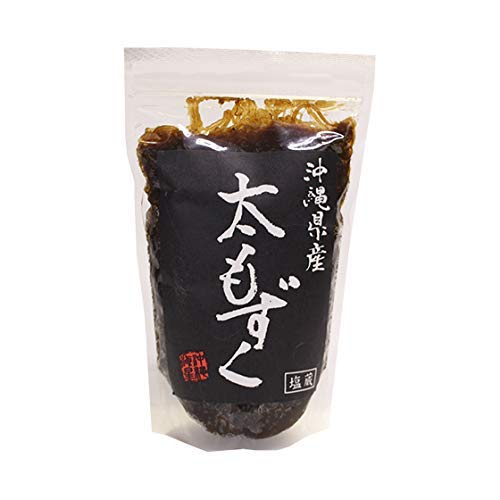
Okinawa Prefecture thick Mozuku
Benefits of Brown Seaweed Supplement
Some of the health benefits of brown seaweed are weight loss, cancer treatment, thyroid treatment, eye health and vision.
- A high amount of fiber
- Many brown seaweeds offer fatty acids like omega-3, omega-6
- Some of the brown seaweed contain vitamin A, which is good for eyes
- Natural Source of Minerals
- Mozuku – brown seaweed is used in cancer treatment and health supplement
- Bladderwrack – Brown seaweed improves thyroid functions
Brown Seaweed Supplements
Brown seaweed health supplements are available in the form of extract, capsules, powder, blend, and gel.
Brown Seaweed Side-effects
Some of the brown seaweeds contain a high amount of sodium, excel consumption of sodium may increase the blood pressure. Kidney patients should never take sodium-rich food, and most of the brown seaweeds have a high amount of sodium.
Always consult with your doctor before you start taking seaweed. One more important thing to remember is that you should never eat seaweed directly from the ocean.

